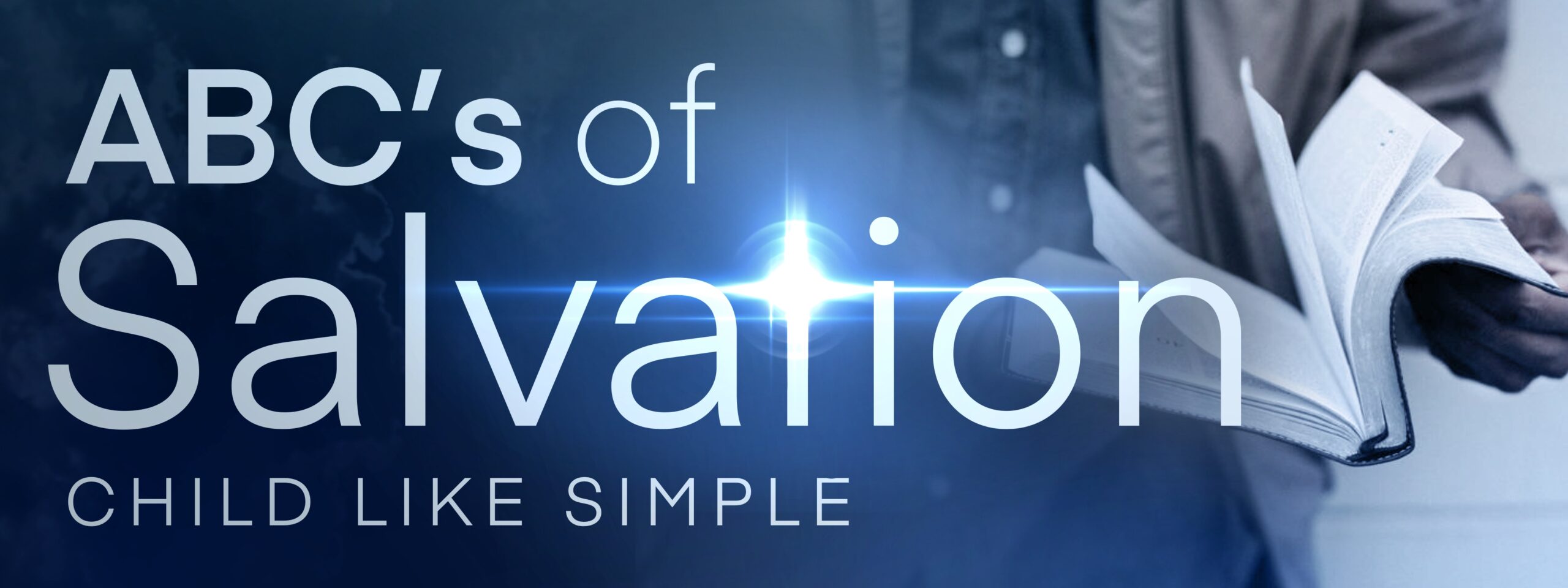We live in a sin-sick and dark world. This statement shouldn’t come as a surprise to you, especially if you’re reading it as a follower of Jesus Christ. All around us are people—from family to co-workers to celebrities—trying to push a sin-filled, post-Christian worldview.
Sadly, many in our churches are also falling for the lie that there are no consequences to our sin. After all, if Christ died for our sins, why can’t we just go on sinning? The price has been paid.
Of course, sin does matter. Our sin—yours and mine—is what drove Jesus to the cross. It’s hard to consider the suffering He endured on our behalf and not recognize the gravity of sin.
The first chapter of Jonah is a prime example of the consequences of our sin. We all know the story:
God commanded the Prophet Jonah: “Arise, go to Ninevah, that great city, and cry out against it”(Jonah 1:2).
![]()
In Your Inbox
Nineveh was at one time considered the largest city in the world. However, it is not called “great” simply because of its size, but also because of its sin. The city was notorious for its violence. It’s no wonder that when Jonah got the message, he went in the opposite direction.
Was he scared? Maybe, but we also know that he did not want Nineveh to experience God’s forgiveness (Jonah 3:10, 4:1-2). Instead Jonah ran away from Ninevah, ultimately ending up on the sea and being tossed overboard, finding himself in the “belly of the fish” (Jonah 1:17).
What can we learn from Jonah’s tumultuous journey?
First, sin causes us to flee from the Lord. Twice in verse 3 alone, we are told plainly that Jonah was trying to escape the “presence of the Lord.” It is alluded to again in verse 10. Jonah went to Joppa, paid the fare, and got on the boat.
It’s interesting that this prophet, who conversed with Almighty God, thought he could escape the presence of the Lord by physically moving from one place to another. How often, however, do we do the same thing spiritually? Sin causes us to spend less time studying the Bible and less time in prayer, moving away from the presence of God in our lives.
Second, our sin will affect others. Jonah’s sin so impacted the experienced sailors that they were scared to death. They had never seen a storm such as this, and they were forced to throw their cargo (i.e. their income) into the sea as the ship was breaking apart. Further, when they learned that Jonah was the cause of the storm, they were forced into the position of having to make a heartbreaking life-or-death decision.
Similarly, you may think that your sin isn’t harming anybody, but that’s not the case. Your spouse, children, colleagues, or church are likely being impacted, whether you or they realize it.
Third, sin can bring a false sense of peace. Even in the midst of the huge storm—as the sailors frantically unloaded their ship and cried out to pagan gods—Jonah slept soundly in the bottom of the boat.
One of the worst things we can do is to use “peace” as a determining factor in judging if we are in the middle of God’s will. You may feel like you’re getting away with sin, or that it’s no big deal, but it will eventually rear its ugly head.
Finally, sin will take us where we don’t want to go. Because Jonah disobeyed God, he found himself in the midst of a storm in the middle of the Mediterranean Sea. Ultimately he was thrown overboard into the sea, and—by verse 17—he was in the belly of a fish. Not good.
I have a friend who says that sin will take you where you don’t want to go, keep you longer than you want to stay, and cost you more than you can afford to pay. When we stay in sin, sin tightens its grip on us and makes it harder for us to get away. Consider this: If we never have our sins forgiven, then it will be our sins that will take us to hell—a place where no one wants to go.
The city of Ninevah was infected by sin, but once Jonah proclaimed God’s message, they immediately repented and cried out to God. “Then God saw their works, that they turned from their evil way; and God relented from the disaster that He had said He would bring upon them, and He did not do it”(Jonah 3:10).













